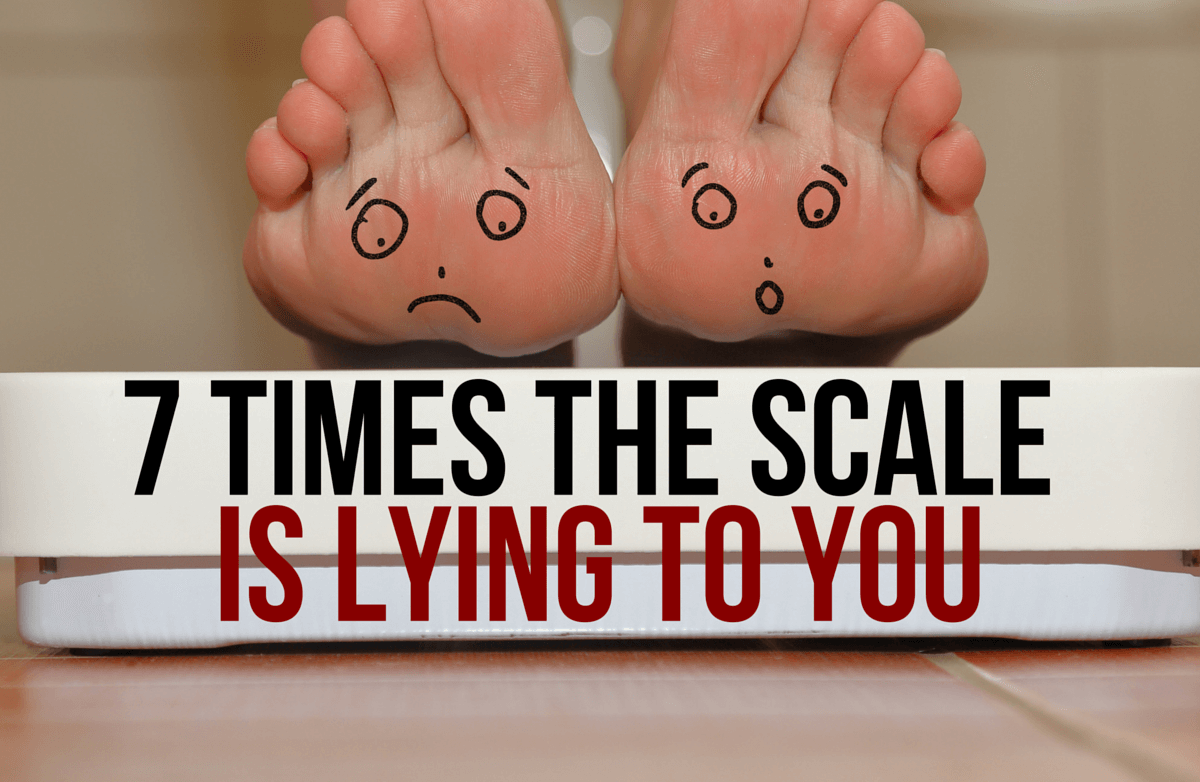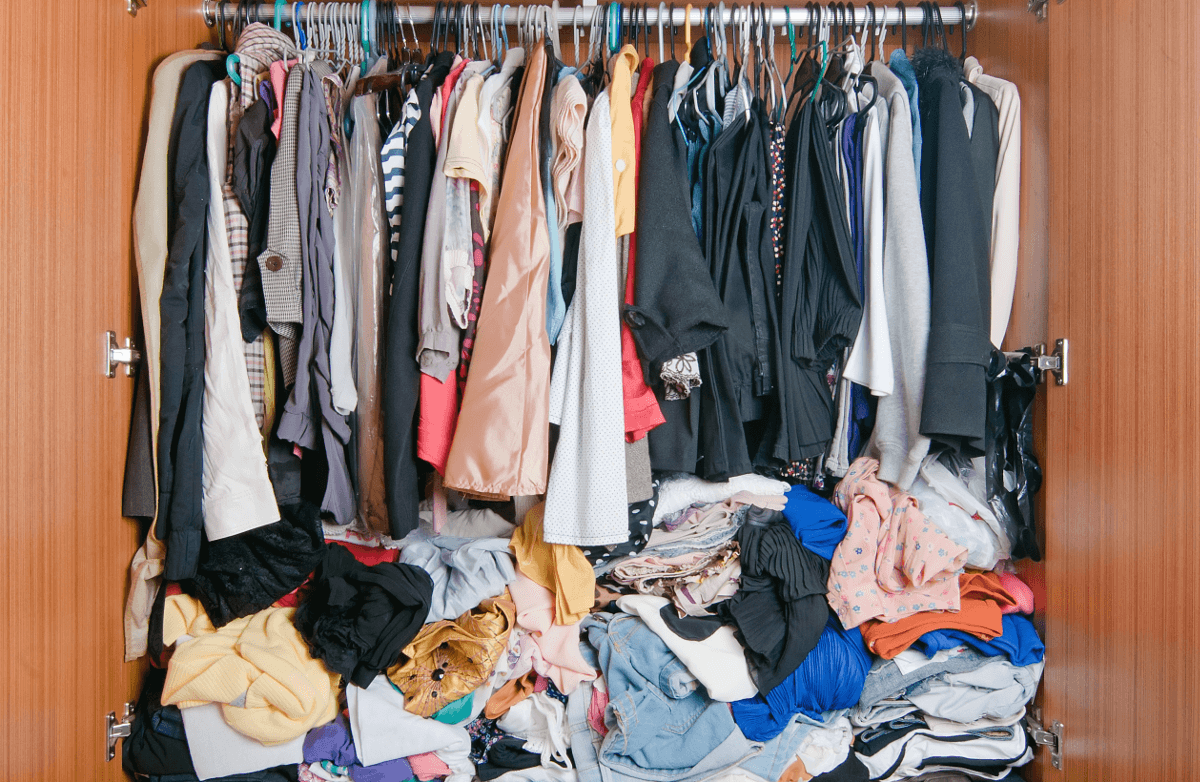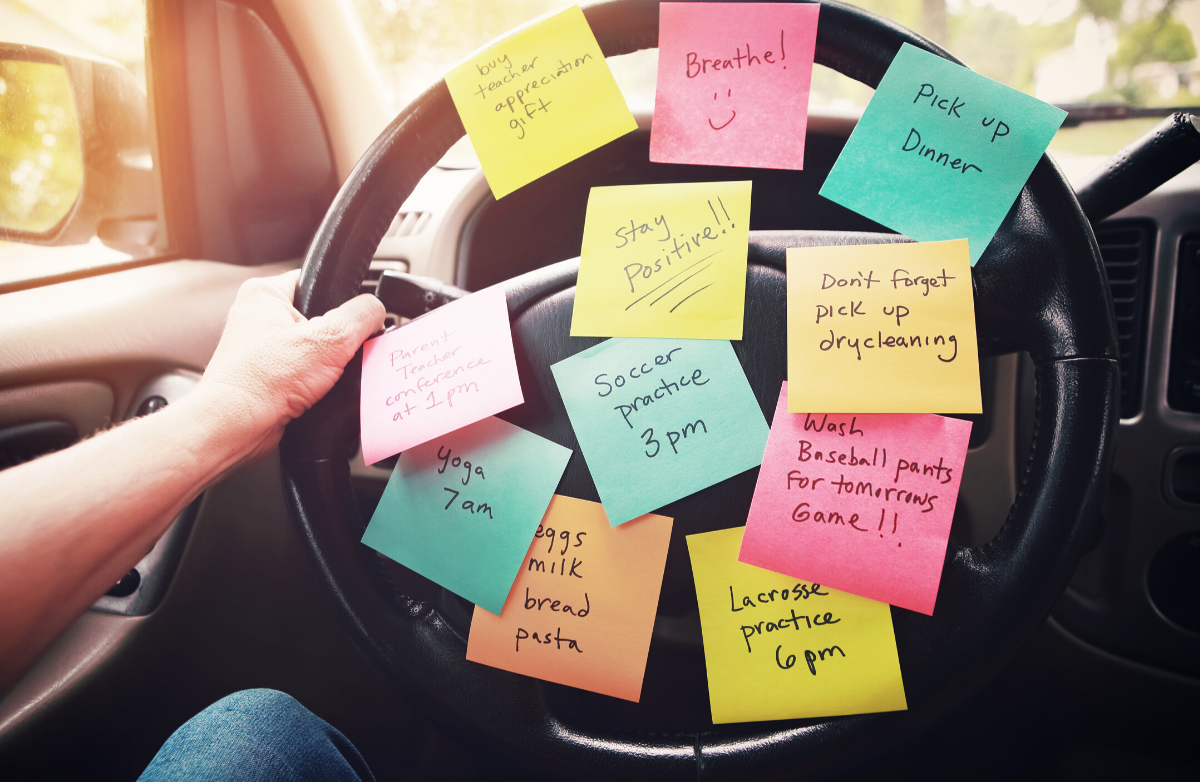
You work hard to stick to a healthy routine all week long. You choose and prepare healthy meals, avoid the temptations of junk food and make time for physical activity. A few days in, you're feeling great about the smart choices you've made, and you may even notice some physical changes starting to reflect those efforts.
Then Friday comes along. The regular weekday routine disappears, and it takes a good portion of your willpower and good intentions along with it. Between brunches and sleeping in, you make some not-so-healthy choices for a couple of days, and suddenly it seems like all of that progress you made during the week is a distant memory. On Monday morning, you’re back at square one. Sound familiar?
If so, you're not alone. Some studies have shown that people tend to consume more calories and exercise less (and thus gain more weight) on weekends than on weekdays.
After all, the weekend represents a hiatus from our regular work roles, giving us more time to rest, relax and spend time with the people and activities we love. Those couple of days often involve more trips to restaurants, parties and other recreational pursuits that are likely to offer food—and not always of the healthy variety. Without a timetabled weekday routine, there tends to be more lounging and less movement. The combination can easily derail your diet and cause you to slowly pack on the pounds.
"Weekends are notoriously dicey times for weight loss and management," says Erin Wathen, a certified health coach. "I have had clients who spend all week 'paying' for their weekend indulgences, only do it again the next week," she explains. "They are gaining and losing the same three to five pounds over and over, which is unhealthy, self-destructive and unnecessary."
If you find yourself in a similarly frustrating and challenging cycle, know that it's not impossible to break. By taking small steps and being mindful of where you spend your time and calories on the weekends, you can avoid the potential downfalls of overindulgent weekends.
Monitor how you feel at various times throughout the week.
The best benchmark of how well (or how poorly) you're handling your weekends is to check in with yourself—and to be honest about what you discover. Liza Baker with Simply: Health Coaching recommends monitoring how you feel mentally, physically and emotionally during the week, over the weekend and—perhaps most importantly—on Monday morning. This could potentially also include stepping on the scale, so you can see how your weight fluctuates throughout the week.
"If you feel pretty good during the week and kind of crummy on Monday, take a look at what you did over the weekend," she suggests. "Did you stay up late? Not drink enough water? Eat too much junk food? Sit on the couch too much?"
Then, the following weekend, try implementing just one "fix." This might mean going to bed at the same time as during the week, eating more vegetables and other whole foods, or getting in at least two 30-minute workouts.
"Over time, your weekends can become the time when you really kick your self-care up a notch instead of down, [meaning] your entire week will go more smoothly," Baker says.
Plan a workout or a healthy meal for first thing in the morning.
When you're sleeping later and there's no sense of urgency, it can be easy to let a whole weekend slip right past you without participating in any healthy activities. The key, says personal trainer Megan Hanewald, is to plan out those activities in advance and tackle them as soon as possible after waking up. Whether it's a group walk with some friends, a new fitness class you've been wanting to try or breakfast at a place that offers nutritious choices, it's important to get a smart start to the weekend before the inevitable distractions creep in.
"Once you've done something good for yourself, you will be less likely to indulge in too many 'weekend whatevers,'" Hanewald says.
Brandon Cole, a personal trainer and sports rehabilitation specialist, likes to start each day of the weekend with a high-protein breakfast and a workout—not necessarily in that order. "Accomplishing those two things are major wins to start the day, which puts you in the mindset for healthy habits the rest of the day," he notes.
Watch your portions.
Weekends can often include outings to restaurants and parties. Unfortunately, foods at those venues tend to be high in calories, saturated fats and sodium. Stay on track by keeping your portions small. Don’t deprive yourself of enjoying your favorite meal, but consider sharing with a friend to keep your calorie intake under control. Also, starting the meal with a small side salad will help fill you up so you'll be less likely to overeat during the meal.
Leaving home hungry also makes it far easier to overindulge when you reach your destination. Always have a light snack (such as half a turkey sandwich on whole-grain bread or an apple with peanut butter) before heading out.
Don't make your weekdays miserable.
Brandice Lardner, a nutrition specialist with Grace Filled Plate, says the key to not crashing and burning on the weekends is to not be overly strict during the week. "If the only time you eat foods you enjoy is on the weekend, you're going to have a hard time staying on track," she warns. "Rather than resigning yourself to diet drudgery Monday through Friday, be sure to include some of your favorite foods in moderate portions. This will help you keep your cravings at bay and make your weeks more enjoyable."
Anchor your workout to a weekend routine.
Routines are what empower us to function, so during the weekend, when the days are typically not as structured, some creative forethought can help keep you on track.
Fitness trainer Dani Singer recommends anchoring your workout to one of your existing weekend routines. Ask yourself, "What action do I already perform every single weekend, no matter what?" Your answer might be something like "brushing my teeth." In that example, you can use brushing your teeth as your anchor. Then, the second you finish brushing your teeth, it's workout time.
"This allows you to avoid 'in the moment' decisions," Singer says. "It removes willpower altogether and, most importantly, it means your workout will not depend on last-minute plans."
Catch up on your sleep.
Forcing yourself to go to the gym at the crack of dawn on the weekend if you were up late the night before could throw off your willpower, tempting you to overeat later in the day, warns Brown. "Many people don't realize the strong connection between sleep and hunger," she says.
Studies have found that cutting back on sleep can disrupt our hunger hormones. When you're tired, your body may produce higher levels of ghrelin, which is the hormone that signals hunger to your brain, and less of the hormone leptin, which makes you feel satiated.
"On days when you skimp on sleep, you may notice that you crave higher-calorie comfort foods and junk food," Brown explains. To combat this, try to get the recommended seven to nine hours of sleep during the weekend.
Indulge intelligently.
However lofty your intentions or strong your motivations, no one is perfect all the time. To prevent feelings of deprivation, leave room in your weekend for the occasional indulgence.
Registered dietitian Michelle Hyman says it's best to find a middle ground between enjoying yourself in moderation and turning the weekend into one big free-for-all. "I tell my clients to pick one special, higher-calorie item rather than making the entire meal ultra-high in calories," she says. "That may mean getting a grilled instead of a fried chicken sandwich so you can enjoy a small side of French fries. Or, if you really want the bread basket, swapping the rice or potatoes for a side of veggies."
Plan one healthy activity every weekend.
As you plan errands, get-togethers and leisure activities, why not focus on including a single activity that aligns with your personal health goals, as well? "Every week, plan one simple thing that you can do over the weekend to benefit your wellness and feel good about when the following Monday comes around," recommends registered dietitian Summer Yule. By scheduling just one activity among all your other plans, you won't get overwhelmed, and that single action could naturally lead to other smart choices.
For instance, if you're feeling stressed out, your activity of choice might be taking a bubble bath or relaxing with a warm cup of tea and a book. If you need to ramp up your weekend exercise, plan on taking a walk, going on a hike or giving ice skating a try. If you're planning a date night, instead of going out for a big dinner, get a couples' massage.
Better yet, try setting a separate weekend goal that you can only accomplish during that time, suggests NASM-certified personal trainer Ramsey Bergeron. For example, Bergeron has a client who is hiking the entire Arizona trail, which runs from Mexico to Utah, over the course of six months. To prepare, he tackles another section of it every weekend. Another idea is to find some great local hiking spots and commit to exploring a new one every Saturday.
Your weekend doesn't have to derail all of your healthy progress. With some advanced planning and a little creativity, you can ensure that the weekend remains a time for relaxation and recreation without canceling out a whole week's worth of hard work.













